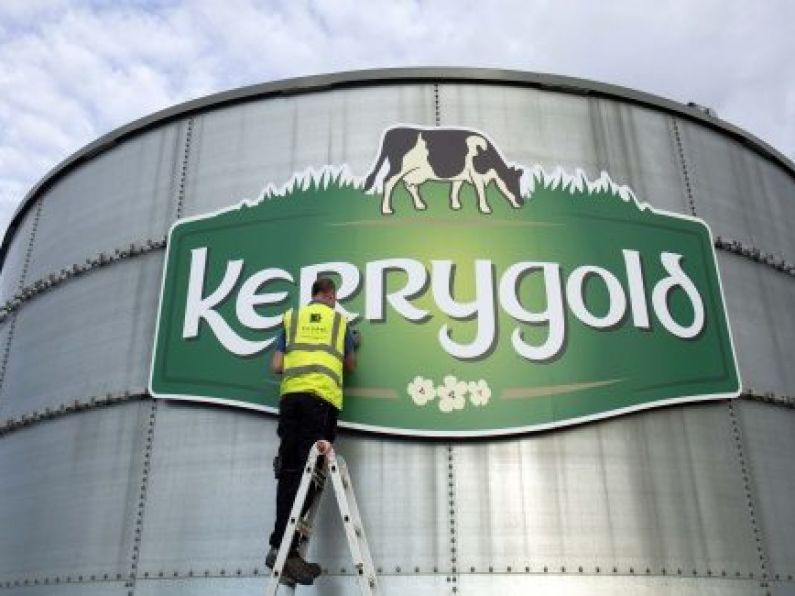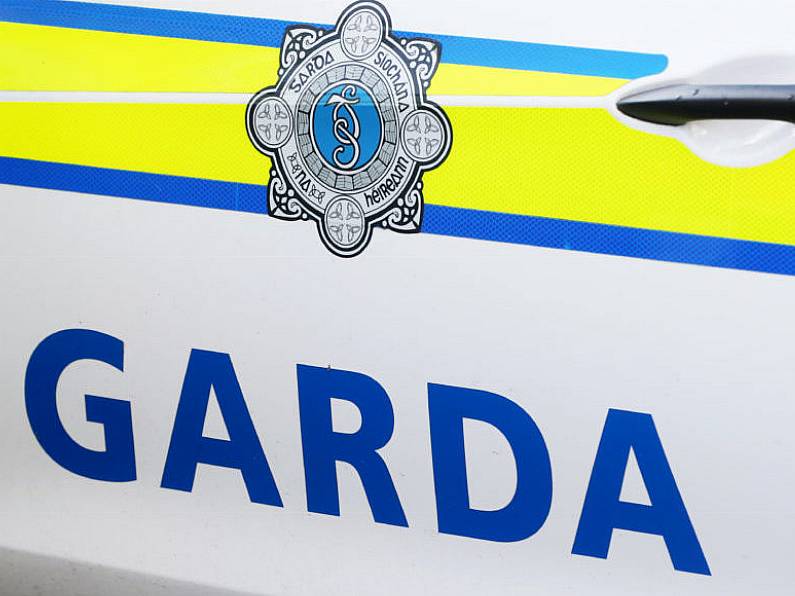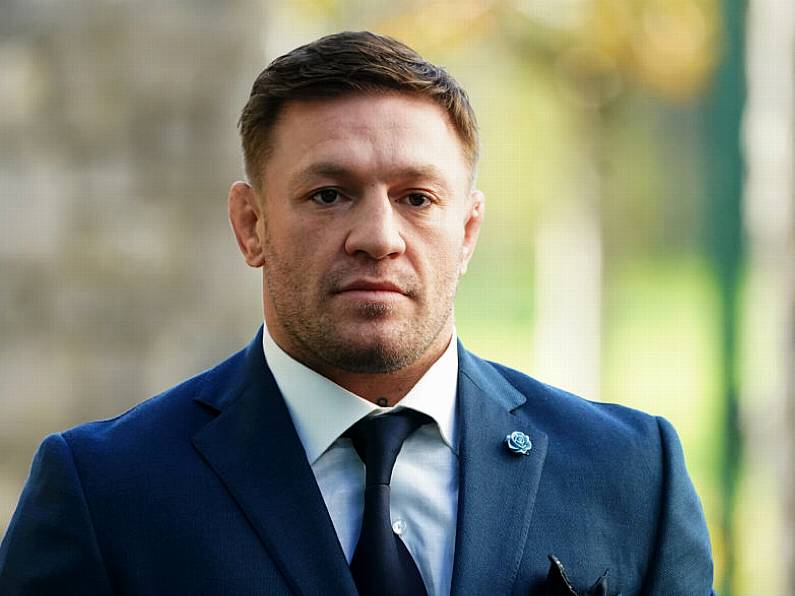By Eamon Quinn
Ornua, which helps sell €2bn worth of Irish dairy products around the world, including its Kerrygold brand, said it will escape any fallout from the US trade sanctions on Iran because it does not currently distribute dairy products to the Middle East state.
Ornua’s representative last November was part of a high-level trade mission to Iran organised over three days by EU Agriculture Commissioner Phil Hogan, which included 56 food firms and farming organisations from Europe. The EU was seeking to build trade with Iran following the 2015 deal over its nuclear programme.
Over 12 years ago, Ornua which was then called the Irish Dairy Board had cited Iran as a major export market. It also markets the Dubliner, Pilgrims Choice, Forto, and BEO milk powder brands.
However, any hopes by EU firms to rebuild trade with Iran appear to have hit a serious setback after US president Donald Trump’s desire to isolate the Iranian economy.
Within hours of Washington unveiling its first round of sanctions, German carmaker Daimler froze a plan to make Mercedes Benz trucks in Iran.
That was even after the EU tried to salvage the Iran nuclear deal by pledging to protect firms from Trump’s assault. “I wouldn’t be surprised if more companies were to follow Daimler out of Iran,” said Frank Biller, an automobile analyst based Stuttgart for Landesbank Baden-Wuerttemberg.
“With the political situation right now, I’m sure a lot of companies are at least thinking about suspending their activities,” he said.
Companies in Europe including French energy producer Total and German carmaker Volkswagen had initially announced plans to re-establish ties with Tehran following the 2015 deal that provided Iran with relief from economic sanctions in exchange for curbs on its nuclear program. Trade between the Islamic republic and Europe surged to more than €8.5bn.
Yet while Trump’s European allies condemned his move because they regard the nuclear deal as crucial for international security, the challenge for businesses is that they now have to weigh the potential loss of American clients against economic ties with Tehran that are minuscule by comparison.
Even in May when Trump was just threatening to reinstate sanctions, Total said it couldn’t risk investing in Iran following the return of US sanctions because of its large US operations.
A host of other companies, including French carmakers Renault and PSA, have also said they would backtrack on Iran plans.
“Anyone doing business with Iran will NOT be doing business with the United States. I am asking for WORLD PEACE, nothing less!,” President Trump said in a Twitter post yesterday.
“The Iran sanctions have officially been cast. These are the most biting sanctions ever imposed, and in November they ratchet up to yet another level,” he tweeted.
The EU condemned the move and announced it was introducing an updated version of its so-called Blocking Statute which bans any EU company from complying with US sanctions and does not recognise any court rulings that enforce US penalties.
“We are determined to protect European economic operators engaged in legitimate business with Iran,” the EU said.
Irish Examiner and Bloomberg






